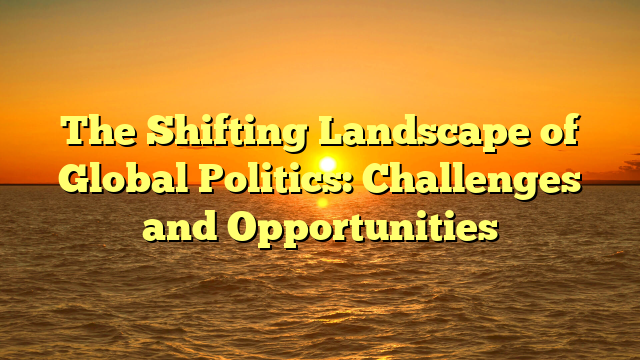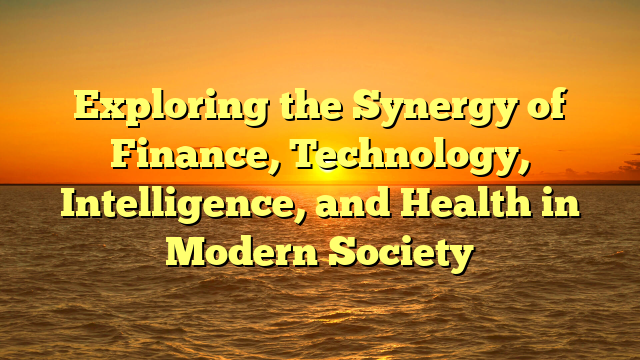In recent years, global politics has undergone significant transformations, marked by increasing polarization, the resurgence of populism, and the shifting balance of power among nations. These developments present both serious challenges and unique opportunities for governments, institutions, and citizens alike.
One of the most notable trends is the rise of populist movements across the globe. From the United States and Brazil to Hungary and the Philippines, populist leaders have gained power by appealing directly to the public, often bypassing traditional political structures and elite institutions. These leaders typically position themselves as champions of “the people” against a corrupt or disconnected establishment. While this can energize political participation and bring neglected issues to the forefront, it can also undermine democratic norms, marginalize minority groups, and weaken institutional checks and balances.
At the same time, political polarization has deepened in many democracies. In countries like the United States, partisan divisions have become so entrenched that bipartisan cooperation on even basic issues has become increasingly rare. This polarization is often fueled by social media platforms that amplify sensationalist and divisive content, creating echo chambers that reinforce ideological extremes. The result is a fragmented political environment where compromise is seen as weakness rather than progress.
Another critical shift is the changing dynamics of global power. The unipolar world that emerged after the Cold War, with the United States as the sole superpower, is giving way to a multipolar system. China’s economic and military rise, along with the resurgence of Russia and the increasing influence of regional powers like India, Brazil, and Turkey, is challenging the old order. This redistribution of power has led to tensions in areas such as trade, territorial disputes, and cybersecurity, but it has also created opportunities for new alliances and cooperative frameworks.
Climate change, technology, and migration are three transnational issues that further complicate the political landscape. Climate policy, for example, has become a battleground in domestic and international politics. While there is growing awareness of the need for sustainable development, progress is often hampered by political resistance, economic concerns, and geopolitical rivalry. Similarly, advancements in artificial intelligence and digital surveillance raise important ethical and political questions about privacy, control, and the future of work.
Migration, too, has become a flashpoint. Economic disparity, conflict, and environmental degradation are driving millions to seek better lives elsewhere, putting pressure on host countries and fueling anti-immigrant sentiment. Governments are struggling to balance humanitarian responsibilities with national interests, often leading to policies that are either too rigid or insufficiently coordinated.
Despite these challenges, there are also opportunities for political renewal. Young people around the world are increasingly engaged in politics, often through activism and digital platforms rather than traditional party structures. Movements centered on climate justice, racial equality, and democratic reform demonstrate that civic engagement is alive and evolving. Additionally, international cooperation through institutions like the United Nations, the European Union, and the African Union continues to play a vital role in mediating conflicts and promoting shared goals.
In conclusion, the global political environment is in a state of flux. agen judi bola of populism, polarization, and geopolitical shifts pose real risks, but they also open the door for innovation and reform. The key lies in fostering inclusive political systems, strengthening democratic institutions, and promoting dialogue across divides. In a world where politics affects every aspect of life—from the air we breathe to the jobs we hold—it is more important than ever for citizens to stay informed, engaged, and committed to shaping a better future.
The Shifting Landscape of Global Politics: Challenges and Opportunities


